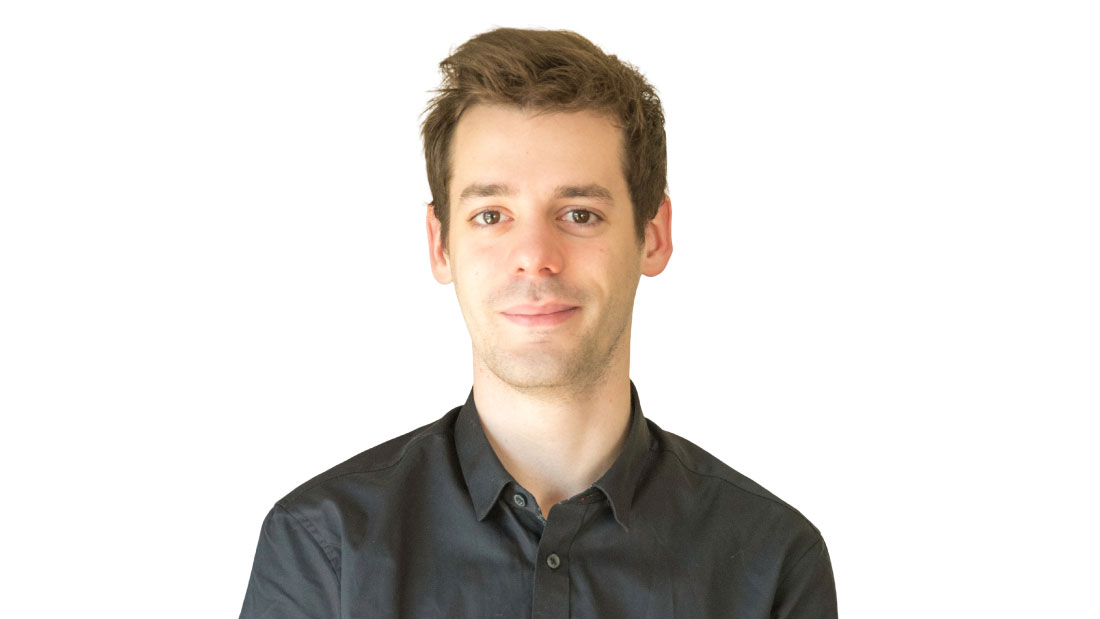
How to become a mechanical engineer: Sacha’s Testimonial
How to become a mechanical engineer? Sacha achieved his goal inside MECAGINE at the end of his graduate studies. He introduces us to his educational background and job.
Become a mechanical engineer: educational background
How did you become a mechanical engineer ?
After my high-school diploma, I decided to move towards engineering studies. I chose an engineering school because I wanted to be “in the real world” as soon as possible.
I joined ECAM Lasalle School of Engineering in Lyon, which offers a course of general engineering, which allowed me to discover and deepen many areas (mechanical design, electronics design, software engineering…).
Why did you specialize in mechanical design?
I’ve always loved science, technology, and putting that to work by tinkering with and repairing everything that went through my hands.
I particularly like to understand how machines and mechanisms work.
It was during my studies, as projects progressed, that I realized that I really blossomed in design because I loved creating things from a simple idea or concept.
How did this translate to the professional level?
During my studies, I did two internships in factories (automotive and energy). Being able to discover the operation of a factory and have the manufacturing processes under the eyes was very interesting and very useful for the rest of my career.
It made me want to discover also the upstream part of the life of a product: the design phase in a design office.
My graduation project was done in collaboration with an industrialist of the energy sector, where I had to propose, pre-dimension, and simulate in CFD (computational fluid dynamics) solutions to improve the efficiency of one of their products.
After graduating, I knew I wanted to do mechanical design, but I was curious to discover different industries.
I was contacted by MECAGINE, and I felt that I would have the opportunity to discover and evolve within this company.
After 2 years, some projects at the design office and two missions with leading customers in their fields (telecommunications and energy), I do not regret this choice at all.
Being a mechanical engineer
Tell us more about your job…
My job as mechanical design engineer in a design office is to take care of the mechanical tasks, between two key moments of the creation of a product: the response to tender and industrialization. This goes through the definition of the mechanical architecture of a product, the creation of parts in CAD (PTC Creo, Solidworks …), the preparation of the plans, the quotation, …
Finally, the beginning of industrialization, where I will be in contact with suppliers and manufacturers, to modify parts if necessary, depending on the means of production and know-how of subcontractors, costs, etc … Depending on the project, I may also need to validate parts for the launch of mass production.
Mechanical engineering: a good choice!
What do you like about your job?
My job is at the intersection of many specialties and I have to take into account various needs. That is to say that during the design of a product, I will have to reconcile the constraints of electronic designers, thermal constraints, EMC, industrialization, after-sales service, marketing …
However, it is also a job with a lot of freedom, because there is never a single solution.
I particularly like the beginnings of projects, where, in a certain sense, everything is possible. Little by little, several solutions will have different advantages. The whole thing is to choose the right one, which presents the most good sides and satisfies all the people that I have mentioned.
The moment when I will receive the first models or the first part of a series production is also magic, because I can have in my hands a product that was only a vision in my head a few months ago…
To conclude, can you tell us a few words about MECAGINE?
After my graduation, I had interviews in several companies.
The one with MECAGINE was the first where I felt a connnection between my interlocutor and me.
I understood that in this company, I could work on several domains, several phases of a project (from the pre-study to the end of production), and especially not only in the theory behind a PC, but also be in the field with moments in the workshop, in the factory, or with customers. I have not been disappointed.